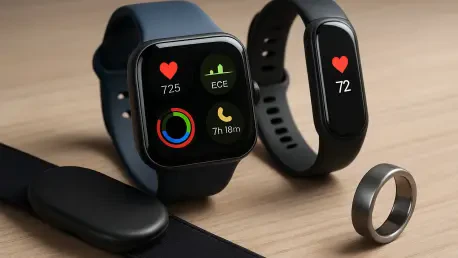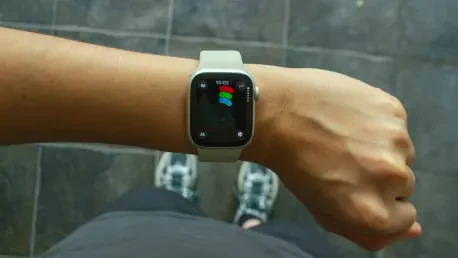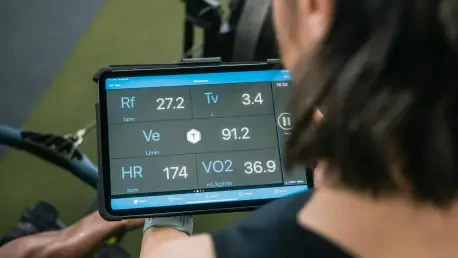
The personal gadgets strapped to our wrists have undergone a quiet but profound transformation, evolving from simple pedometers into sophisticated health-monitoring platforms capable of capturing data once confined to the walls of a clinic. Modern wearables are now frequently equipped with advanced

Managing one's personal health information in the digital age often involves a fragmented collection of data scattered across various fitness trackers, wellness apps, and siloed electronic patient portals. This disorganization creates a significant barrier for individuals seeking a comprehensive

In a market saturated with health trackers that demand constant visual attention through complex charts and data-heavy dashboards, one company is proposing a fundamental shift away from the screen. At CES 2026, Luna unveiled the Luna Band, a revolutionary health and wellness wearable designed to

For millions of people worldwide living with epilepsy, the sudden and unpredictable nature of seizures casts a long shadow over daily life, turning routine activities into potential hazards. A groundbreaking development from a research team at Glasgow Caledonian University in Scotland, however,

The ubiquitous glow of smartwatches and the subtle presence of fitness rings have woven the practice of self-quantification into the very fabric of daily life, turning personal biometrics into a common language of wellness. Millions of people now meticulously track everything from their heart rate

The year 2025 has materialized not merely as another point on the calendar but as a crucible where the democratization of capital and revolutionary biological science are forging a new economic and social paradigm. This evolving landscape is driven by the maturation of alternative finance